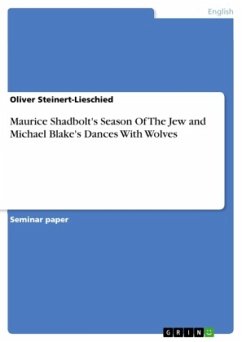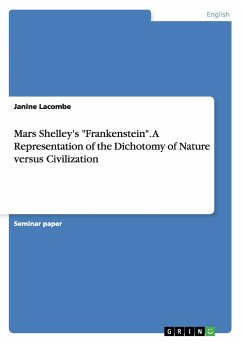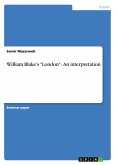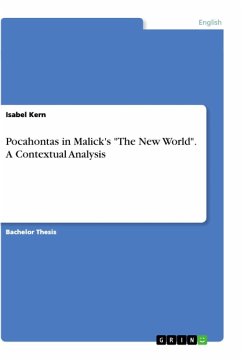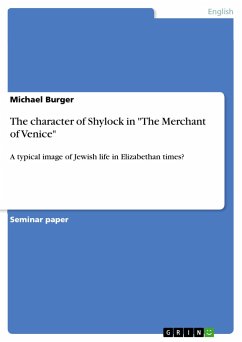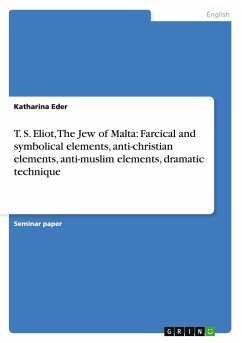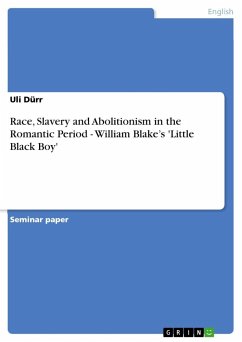Seminar paper from the year 2005 in the subject English Language and Literature Studies - Literature, grade: 2,5, University of Göttingen, course: Literature of New Zealand, language: English, abstract: Title: The Concept of the Noble / Ignoble Savage in 20th Century New World Novels: Maurice Shadbolt's Season Of The Jew and Michael Blake's Dances With WolvesConfrontation of civilized Europeans with foreign "primitive" peoples has mostly been disatvantageous for the latter. The easiest way to deal with the strangeness of indigenous people was to regard them in a stereotypical way. Stereotypes such as the "noble" and the "ingnoble savage" were used to deprive such cultures of their humanity and to justify colonization and genocide. These stereotypes also found their way into European literature. In this work, I will analyze how the authors Maurice Shadbolt and Michael Blake deal with such stereotypes in their novels, Season Of The Jew and Dances With Wolves, respectively. I chose to compare these novels because they have many similarities but on the other hand also enough differences to make them an interesting comparison. Both novels are considered to be historical novels but there are some differences in the dealing with stereotypes, which I consider to be an important aspect of historical novels in general.Firstly, I will draw an outline of the history of the terms "noble" and "ignoble savage" and then make a concise definition of the terms. The next step will be a short book portrait of both novels in order to compare them to each other. In the main part of this work I will analyze how the concepts of the "noble savage" and he "ignoble savage" are dealt with in both novels. This will be done in consideration of various aspects which before have been presented in the definition of the terms.Exctract from the main text:d)Behaviour And Further CriteriaOne thing which astonished many European travellers was the missing idea of property among indigeous people. Many writers such as Lahontan were of the opinion that the "noble savage" had no "mine" and "thine", an idea which was closely associated with the idea of the utopian Golden Age. This presented indigenous people in a light that made them appear to be content and not greedy. Other people such as Volney and Darwin were of the opinion that because their own European society was based on the idea of property, the missing of exactly this idea among indigenous people was a further proof that they were not "civilized" and therefore inferior.Although Europeans as well as indigenous people made wars, the difference lay in their motives... END OF EXTRACT
Hinweis: Dieser Artikel kann nur an eine deutsche Lieferadresse ausgeliefert werden.
Hinweis: Dieser Artikel kann nur an eine deutsche Lieferadresse ausgeliefert werden.

